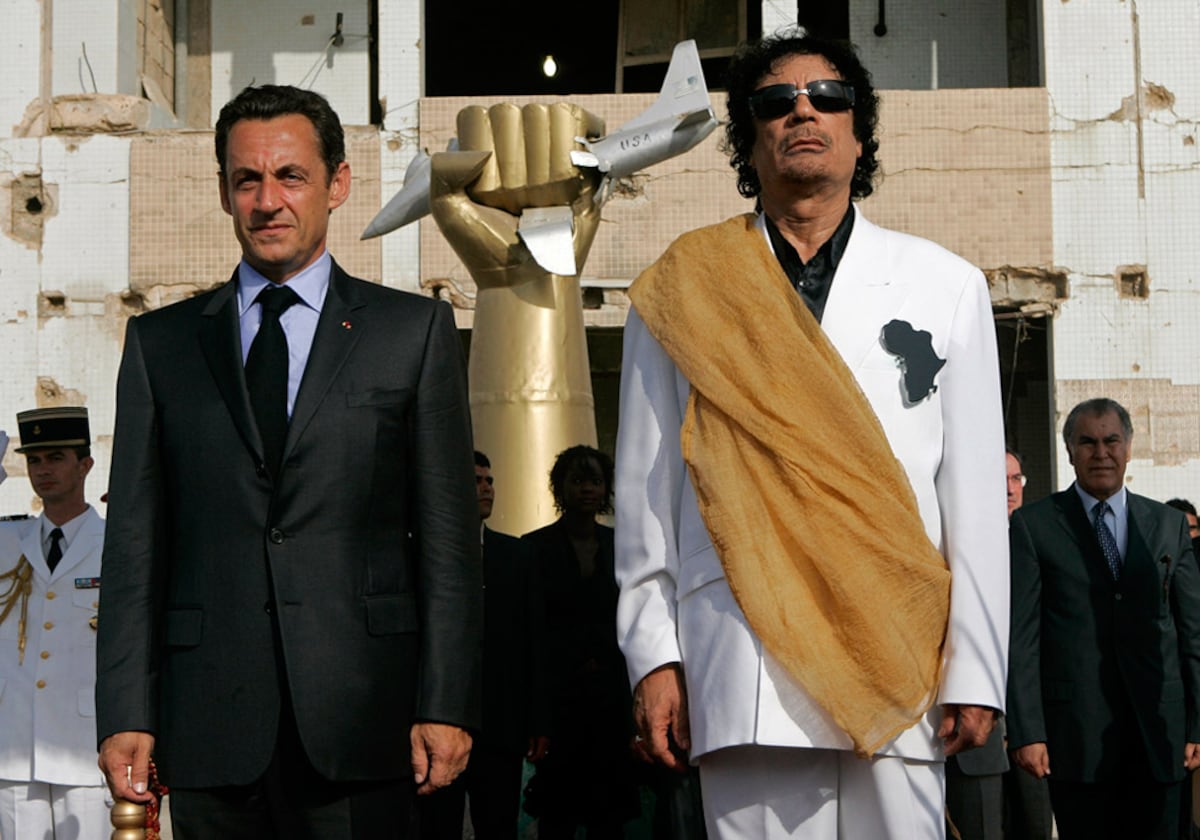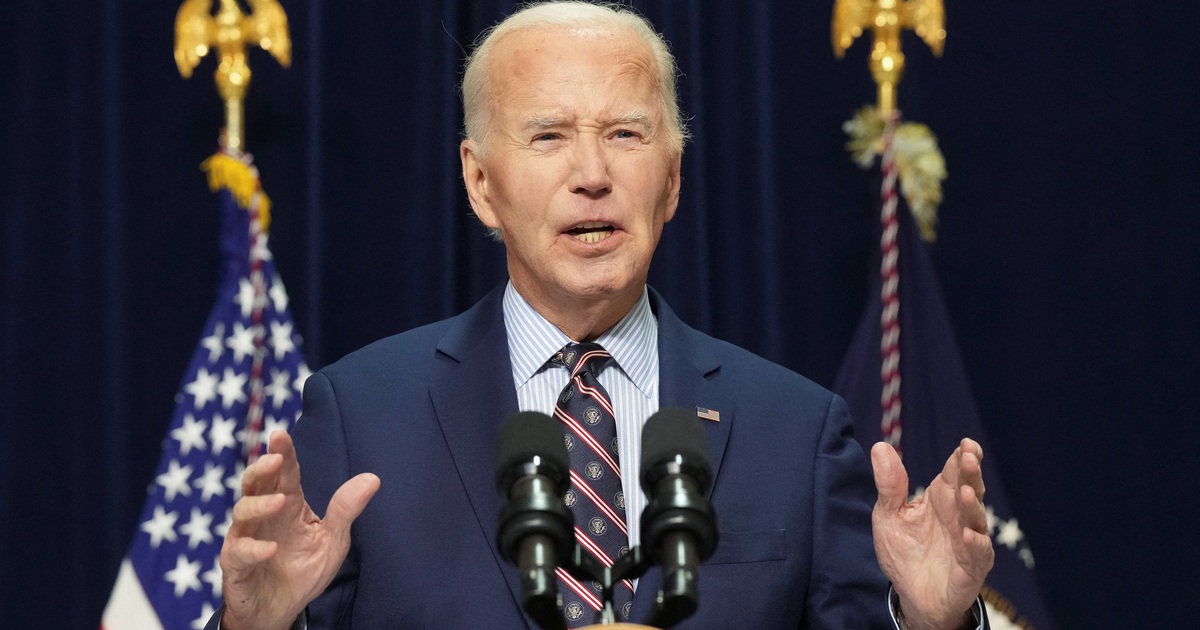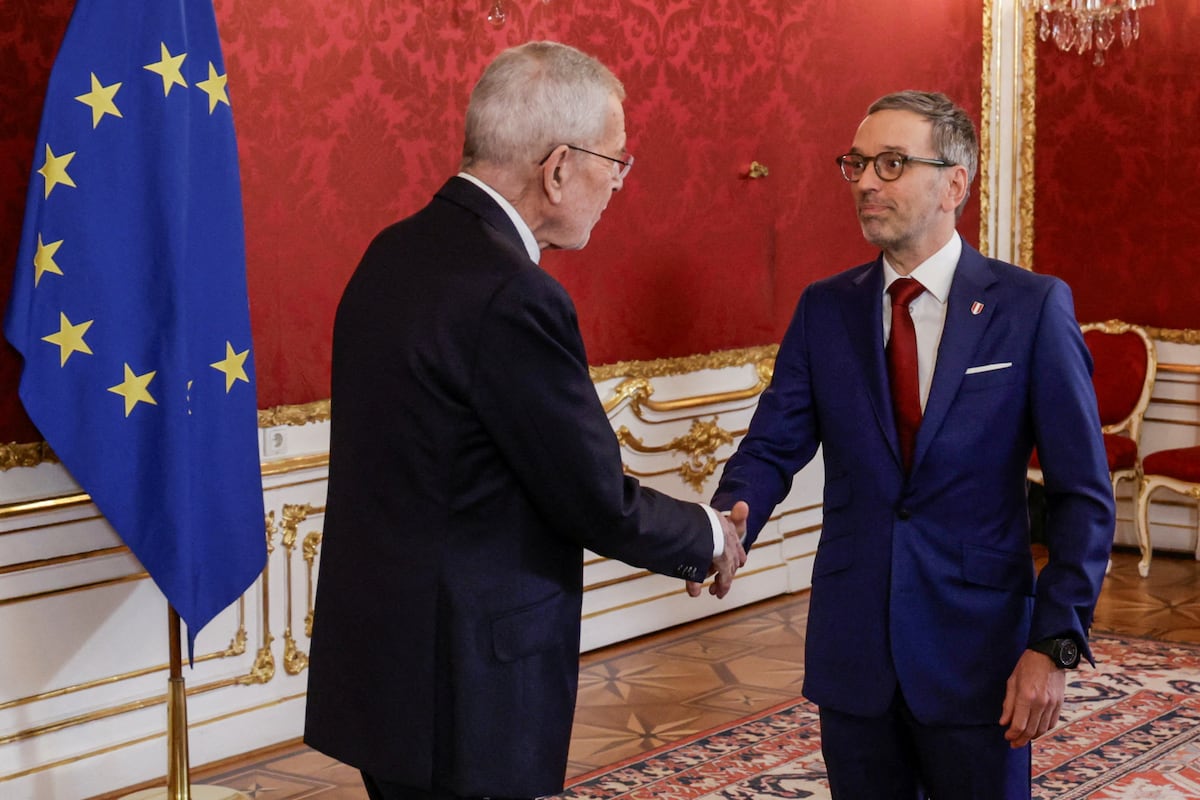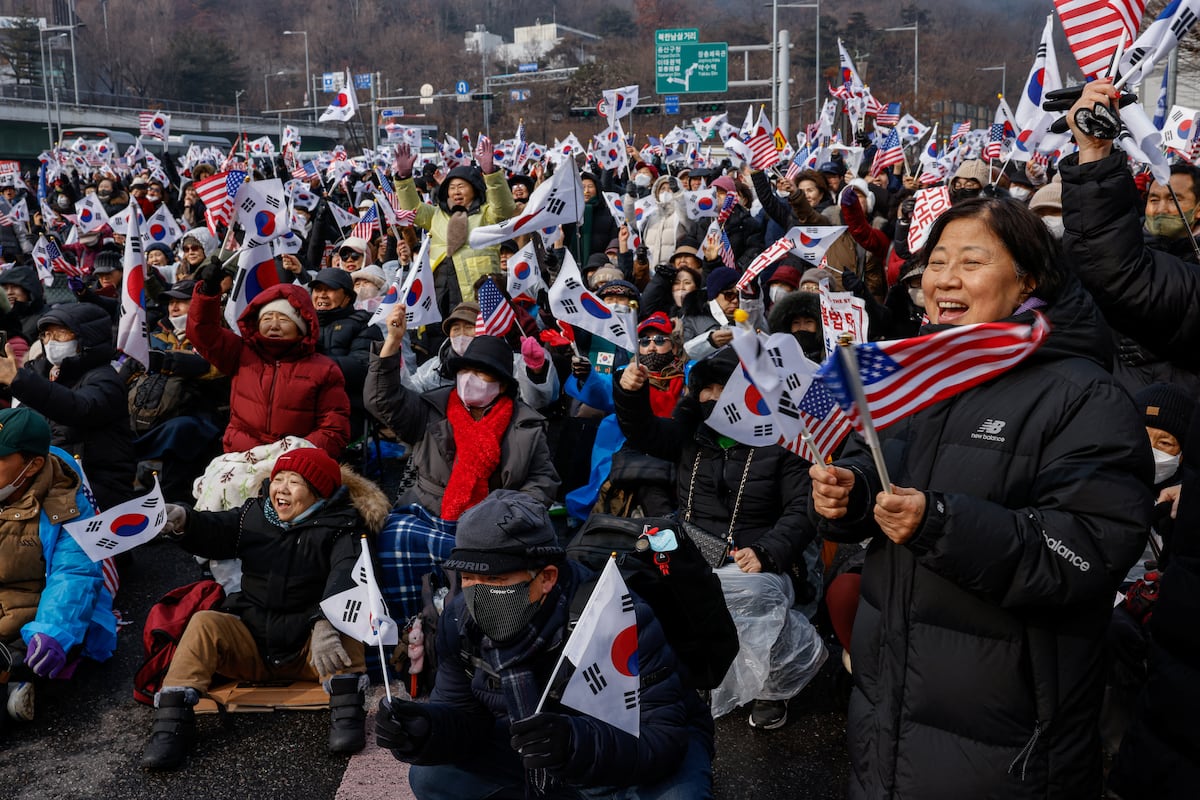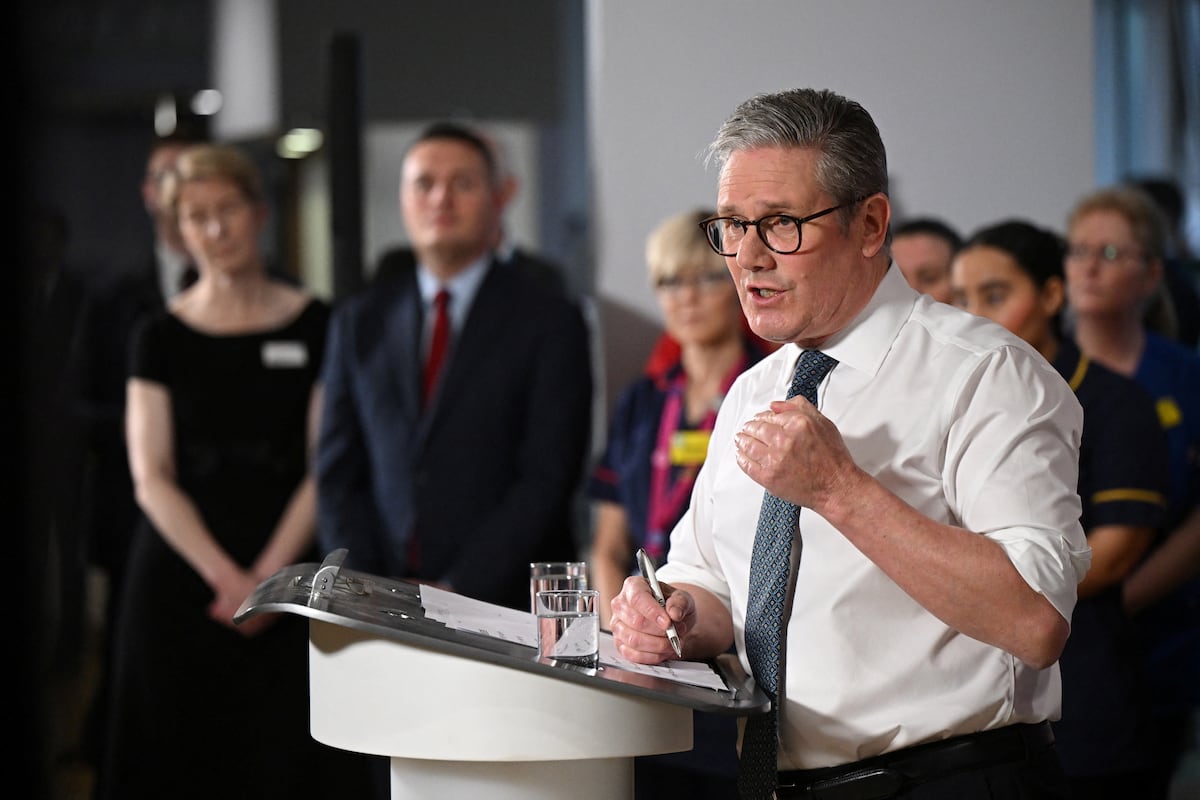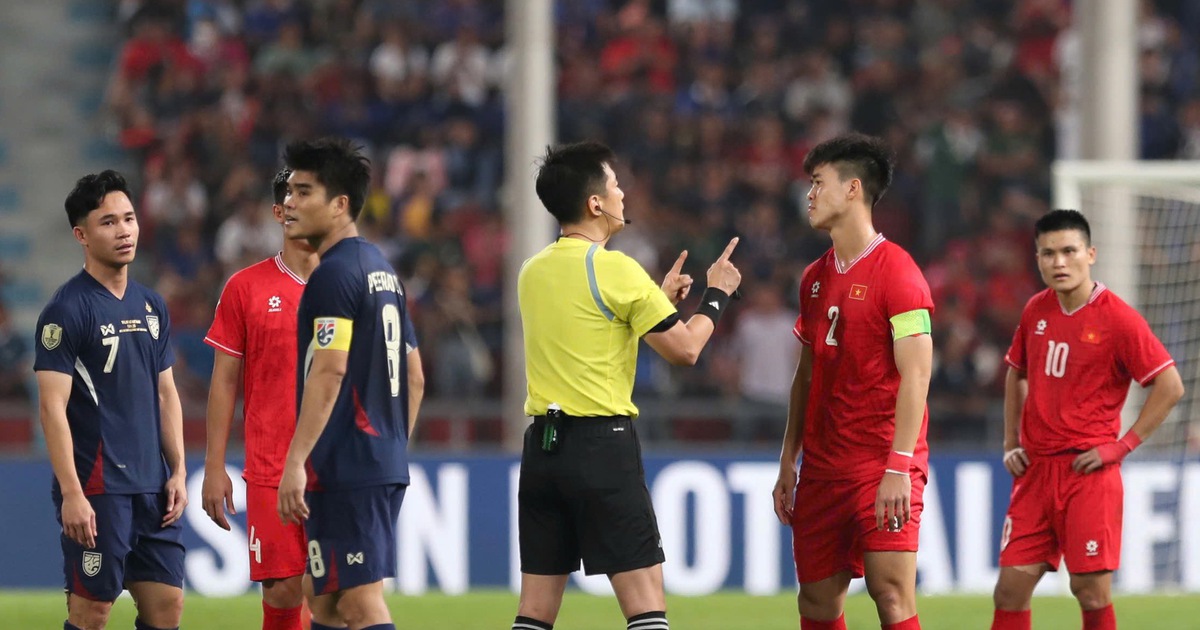Former French President Nicolas Sarkozy sits on the bench again this Monday. After being sentenced to a year of house arrest for corruption and influence peddling less than a month ago, the former president appears this time on suspicion of illegal financing of his 2007 campaign for the Libyan regime of Muammar Gaddafi. The former conservative head of state, who denies the facts, faces up to 10 years in prison and five years of ineligibility in a trial that will last until April and in which 12 other defendants are being tried, including three of the leader’s former ministers and two businessmen who supposedly played the role of intermediaries.
The process that begins this Monday is the fifth in five years for the former president, who left power in 2012. Despite the judicial tangle in which he lives immersed, the former tenant of the Elysée, 69, maintains an important political influence and economic in the country. This trial, however, is the one that commits him the most politically and will be key to his image, as well as to shed light on the recent diplomatic and military history of France. The start of the process comes after more than 10 years of investigation by the investigating judges. The evidence of the case is collected in 73 volumes and in a 557-page summary.
Sarkozy, officially retired from politics, arrived at the Paris court around 1:30 p.m. wearing a suit and tie, and surrounded by his lawyers. Throughout the trial, he will seek to prove his innocence in the face of accusations that he has described as a “fable.” The former president is specifically accused of corruption, covering up embezzlement of public funds, illegal financing of an electoral campaign and association of criminals. But the judicial investigation has failed to determine the exact extent of possible Libyan financing, an element that the defense will use to its advantage. “In matters of corruption, there is no absolute proof,” the judges who carried out the previous investigations came to recognize.
The accusation defends the existence, starting in 2005, of a “corruption pact” between Sarkozy and his collaborators with the Libyan Gaddafi regime. Thanks to that agreement, the then Minister of the Interior supposedly received money to propel himself to the presidency of France in exchange for restoring the image of the dictator, then in the process of rehabilitation towards the West.
In July 2007, a few months after his electoral victory, the new French president traveled to Tripoli. Five months later, the Libyan was received with all honors on a controversial visit to Paris, in which he installed his tent in the Elysée gardens.
The honeymoon ends four years later, with the outbreak of the Arab Spring in 2011. In February of that year, Sarkozy stated that Gaddafi had to “go” and promoted the international intervention in Libya that ended with the overthrow and death of the leader. , in power for 42 years. What happened in the meantime? The answer, at the moment, is unknown. But revelations about alleged Libyan financing already began to emerge at the time of the French military intervention.
Between the two rounds of the 2012 presidential elections, the investigative media Mediapart published an official Libyan document indicating that the Gaddafi regime had approved financing Sarkozy’s campaign with 50 million euros. In 2011, the colonel’s son, Saif Al Islam Gaddafi, told the Euronews network that the French president should return to Tripoli the money that the regime sent him to help him win the elections. The judicial investigation began in 2013.
There are 13 defendants in the trial, including, in addition to Sarkozy, the former ministers Éric Woerth and Brice Hortefeux, as well as Claude Guéant, who in addition to being a minister was the secretary general of the Elysée and the president’s most trusted man. Also included are the shady Franco-Lebanese businessman Ziad Takieddine and the Franco-Algerian businessman Alexandre Djouhri, considered key intermediaries.
Takieddine currently lives in Lebanon and will not appear at trial. His testimonies were among the most damaging for Sarkozy, since he claimed to have given the former president and his entourage five million euros from Libya. The businessman and arms dealer later recanted, albeit temporarily. The former French president is accused in another case for alleged pressure on this witness. Djouhri, for his part, had privileged contacts with Beshir Saleh, Gaddafi’s treasurer and chief of staff. After the fall of the regime, he sought refuge in France and then managed to move to South Africa.
The accusation, led by the national financial prosecutor’s office, affirms that a true parallel diplomacy was developed starting in 2005, with the visit of Hortefeux and Guéant to Libya, where they allegedly met secretly with Abdelá al Senussi, then head of the secret services. and convicted in absentia in France for the attack that destroyed a DC-10 of the French company UTA in 1989. The attack, which occurred when the plane was flying over Niger, caused 170 dead, including 54 French. Al Senussi confirmed Takieddine’s testimony, as well as documents with details of alleged money deliveries into the hands of the former Libyan Oil Minister, Choukri Ghanem, found drowned in the Danube, in Vienna, in 2012.
Sarkozy already has two convictions. The last one was known on December 18, when the Supreme Court handed down a sentence of one-year house arrest with an electronic bracelet for corruption and influence peddling, an unprecedented sentence in the country and the first arrest against a former head of state. And in February of last year, the Paris Court of Appeal sentenced him to one year in prison for illegal financing of his election campaign in 2012. He had to serve half of the sentence and could do so at home, but his lawyers announced an appeal before the Supreme Court, which left the sentence suspended until a new ruling.

